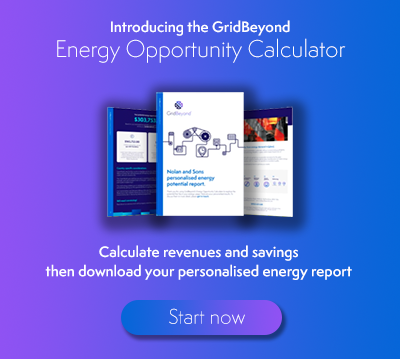News
better business decisions
Posted 4 years ago | 2 minute read

Automation, digitalisation and data are key to UK’s energy plans
The Energy Digitalisation Taskforce has called on the energy sector to deliver interoperability and make use of automation and device-to-device communications to improve efficiencies.
In its report, published on 17 January, the Taskforce said the development and deployment of limited, common digital assets has the potential to create a radically different energy system, driven by open-source software and open standards.
It called on the energy sector to
- Develop a customer consent dashboard to help consumers understand who has access to their energy data, and why – building trust and consumer protection
- Mandate smart energy assets to unlock flexibility by making sure consumer devices have a minimum level of smart functionality and connectivity
- Create a digital spine for the energy system to enable plug and play options, encouraging whole system interoperability and standardised data sharing
- Mandate carbon data monitoring to improve visibility and understanding around carbon impacts, and help drive future policymaking and consumer actions
- Establish a digital delivery body to develop core public interest assets quickly and independently from vested interests
The report also set out a “prices to devices strategy”, looking at how data can be used to manage energy usage and production. The taskforce recommended the government to mandate that all significant energy assets with consumption of 2kWh or more to provide a minimum level of control hardware and IP connectivity.
The taskforce is collaboration between the Department for Business, Energy and Industrial Strategy (BEIS), Ofgem and Innovate UK, aims to drive digitisation as a core component of transformation in the energy sector.
GridBeyond Managing Director UK & Ireland Mark Davis said:
“Digitalisation is essential in decarbonising our energy system if we’re to meet our net zero targets. Without it the system will not be able to manage the growing complexities of a decarbonised system.
“Data must be integral to everything that we, as an industry, do. Not only must it be used to provide real-time monitoring of our systems and allow for a more flexible network in the future, but it must also play a role in determining our direction and decision making.”







